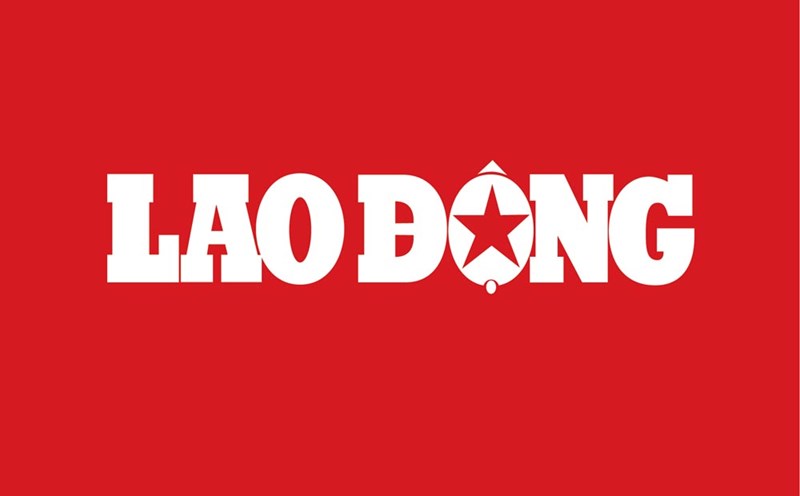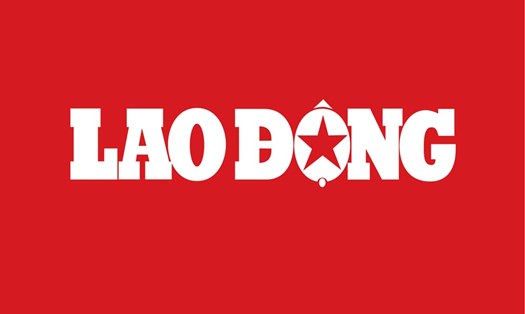The pressure is on automakers and suppliers in Europe. This is due to many reasons, such as reduced demand, high costs, competition from Chinese automakers and difficulties in the transition to electric vehicles. Announcements of closures and personnel cuts have been issued in large numbers over the past 1-2 months, including big names in the industry.
Volkswagen
Europe's leading automaker reached a deal with unions on December 20 to cut 35,000 jobs and reduce production in Germany by nearly 25%. However, there will be no immediate factory closures or personnel cuts.
In December, Volkswagen said that its Audi factory in Brussels ( Belgian) would stop production on February 28, after finding no alternative other than closing.
Volkswagen is not only Germany's largest automaker, but also the continent's largest automaker. The company's decline has had a major impact on the German economy, and is part of the current crisis of the entire industry in Europe.
On November 26, Stellantis announced that it would close the Vaux hall van factory in Luton (UK), threatening more than 1,000 jobs. The company has repeatedly suspended assembly operations at its main factory in Mirafiori (Italy) due to low demand, especially the electric version of the Fiat 50000. However, Stellantis said it has no plans to close its factory in Italy.
The group also has similar plans elsewhere. On November 6, Stellantis said it would cut a production line and reduce 1,100 employees at a Jeep factory in Ohio (USA).
The company previously announced in August that it would lay off up to 2,450 workers at the Warren Truck assembly plant outside Detroit (USA) when it stopped producing the Ram 1500 Classic pickup truck line.
Daimler Truck
The world's largest truck maker announced on August 1 that it would cut working hours and take measures to stop recruiting employees in Germany. The main reason is the sharp decline in demand in the European market.
The total number of orders in the first half of the year of the airline decreased by 10% compared to the same period in 2023, down to 198,376 vehicles.
The American automaker announced on November 20 that it will cut about 4,000 jobs, mainly in Germany and the UK, accounting for 14% of the workforce in Europe, and accounting for about 2.3% of Ford's total workforce of 174,000 people.
Ford said the cuts would take place before the end of 2027, subject to discussions with unions. Specific figures include 2,900 jobs in Germany and 800 in the UK, while reducing production of pure electric Explorer and Capri models at the Cologne factory (Germany).
Michelin
French tire maker Michelin will close two facilities in western France, it said on November 5. This will result in the loss of about 1,250 jobs. Michelin said the reason is high costs and competition from Asian competitors with many low-cost products.
Schaeffler
Also on November 5, German machinery and auto parts company Schaeffler said it would lay off 4,700 employees in Europe, mostly in Germany. The reason is that the company's operating profit nearly halved in the third quarter. According to the company, the restructuring plan includes closing production facilities in Austria and the UK.











